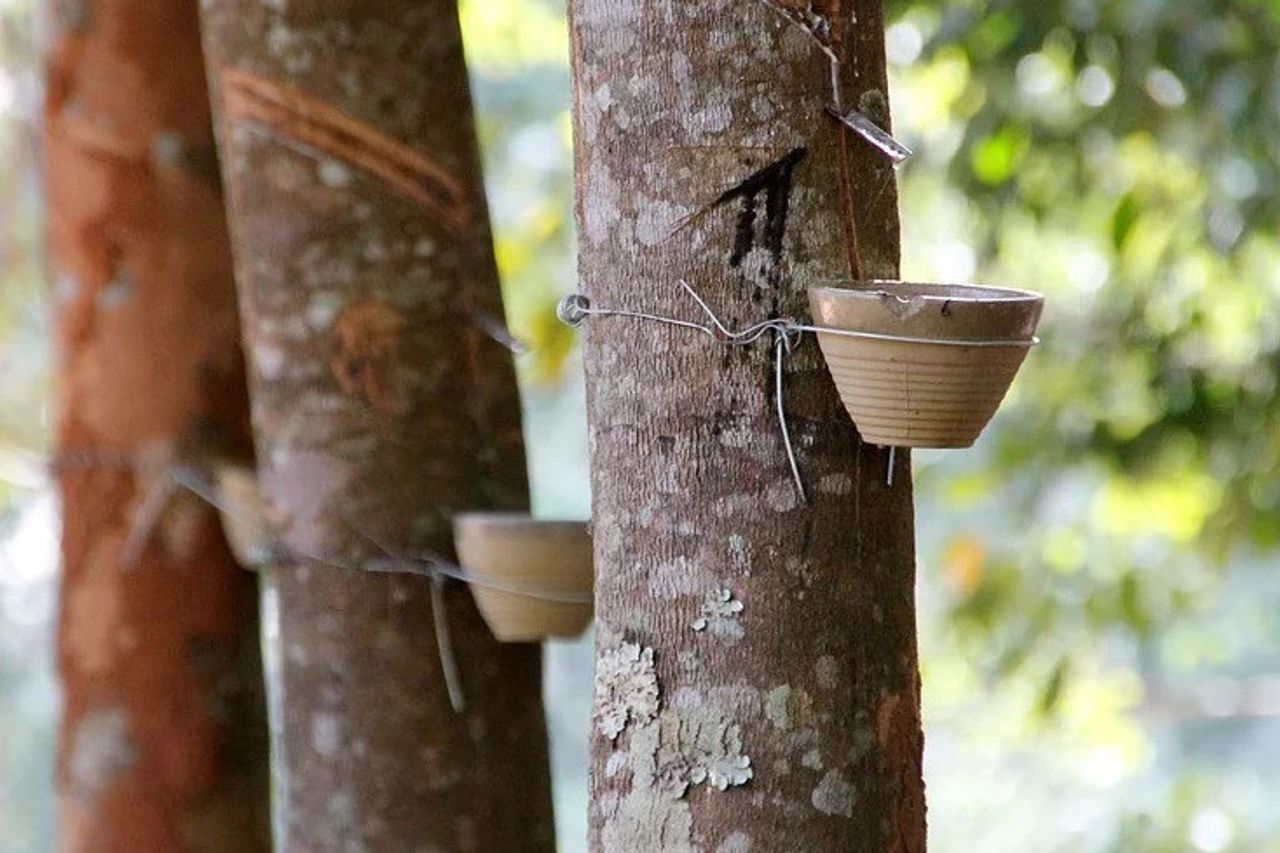Application Of Biofuel Technology For The Sustainability Of The Rubber Industry

JAKARTA - The Indonesian Chamber of Commerce and Industry (Kadin) is collaborating with the Indonesian Tire Companies Association (APBI) to encourage the application of biofuel technology to support the sustainability of the natural rubber-based industry.
"In the rubber industry, the main product taken from rubber plants is latex. Meanwhile, rubber seeds are still not used and disposed of as waste, even though they can be used as biofuel which has the potential to be developed both technically and economically, "said Deputy Chairman of the Chamber of Commerce for Industry, Johnny Darmawan, in his statement, Monday, January 20.
It is known, Indonesia is one of the largest rubber producing countries in the world with total production in 2019 reaching 3.55 million tons per year, and the total area of rubber plantations in Indonesia reaches 3.4 million hectares.
The Government's efforts to encourage the use of biofuels to reduce fuel consumption from petroleum were initiated by Presidential Regulation No. 5/2006, which targets the use of biofuel up to 5 percent of total primary energy by 2025.
Then, it was followed up with the issuance of a mandatory use of biofuels through the Minister of Energy and Mineral Resources Regulation No.32 of 2008. However, the use of biofuels since the issuance of this regulation is considered to have never reached the target.
The national rubber (latex) production in the last five years was quite large, namely above 3.3 million tons, while the price of rubber in the last 5 years has continued to experience pressure at a level that is considered not remunerative for producers. In addition, the absorption capacity of rubber (latex) for the tire industry only absorbs 70 percent of the national consumption of natural rubber.
"Currently, we must find a solution because farmers are experiencing difficulties in selling and increasing the price of rubber. So that farmers do not lose more, there must be other efforts to increase the resilience of farmers through the use of rubber and rubber seeds as raw materials for biofuels other than oil palm, "said Johnny.
He explained, to realize the sustainability of the rubber-based industry, support and cooperation from the Government is needed, which is related to consistency in the policy of downstreaming plantation products (rubber) into added value products, including the development of rubber-based biofuels and their use in the country as a mixed material. competitive energy.
Chairman of the Indonesian Tire Companies Association (APBI) Aziz Pane said rubber is a non-food plantation crop whose production is already in surplus but not all of it is absorbed by the market.
Rubber is also included in the category of multipurpose bioenergy plants that have the potential to be developed into bio-fuel raw materials with sufficient support from government policies.
According to Aziz, the potential for the use of rubber outside the tire industry is increasingly wide open after the issuance of several policies related to the use of alternative energy to replace fuel oil for diesel / diesel.
Biodiesel can be applied either in the form of 100 percent (B100) or a mixture with diesel oil at a certain concentration level such as B20. The use of rubber seeds as biodiesel is very wide open.
The oil content in the rubber seed meat reaches 45.63 percent. Rubber plants can produce 800 rubber seeds for each tree per year.
On an area of 1 hectare, 400 rubber trees can be planted. So for an area of 1 hectare it is estimated that it can produce 5,050 kg of rubber seeds per year. The yield of rubber seed oil (dry) is 40-50 percent, so it is estimated that every hectare of rubber plants has the potential to produce 1000 liters of oil.
In addition to being widely used in the tire industry, rubber is currently widely used for other industries, such as raw materials for mixtures of asphalt, bridge bearings and the potential for biofuel utilization.
